Polypropylene is a type of plastic polymer used in various applications. These include packaging, automotive parts, textiles, construction materials, and medical devices. It is known for its durability, chemical resistance, and lightweight properties.
The statement coincides with the recent launch of Dangote’s $2 billion petrochemical plant in Ibeju-Lekki, Lagos. The plant is designed to produce 77 grades of polypropylene using UK firm INEOS Innovene technology.
With an annual capacity of 900,000 metric tons, the plant began producing polypropylene in March.
Established in 1978, Vinmar is a global leader in the marketing and distribution of petrochemicals, serving customers in more than 110 countries. By cooperating with Vinmar, Dangote gains access to a robust global supply chain and technology in polymer exports.
Overview of the Dangote-Vinmar Partnership
Dangote-Vinmar’s partnership follows the commissioning of Dangote’s $2 billion petrochemical plant in the Lekki Free Zone in Lagos.
The plant began producing polypropylene in 25kg bags for the local market in March.
With an annual production capacity of 900,000 metric tons, the facility features two units capable of producing 500,000 mt/year and 330,000 mt/year, respectively.
Polypropylene Production and its Economic Impact
Polypropylene is a thermoplastic polymer made from propylene monomers.
In packaging, polypropylene is essential for plastic containers, food packaging films, bottle caps, and films.
The textile industry uses polypropylene for carpets, ropes, upholstery, and reusable shopping bags.
Due to its lightweight and strong properties, the automotive sector utilizes the product in bumpers, dashboards, and battery casings.
Due to its sterility and durability, polypropylene is used in healthcare for syringes and medical vials.
The construction and electronics industries utilize polypropylene for insulation materials, cables, and battery cases.
Polypropylene’s versatility and benefits make it a popular choice for packaging across many industries.
Nigeria Polypropylene Market Overview
According to Trademap, Nigeria’s annual polypropylene import hit $370 million in 2024, $267.7 million in 2023 and $407 million in 2022.
Nigeria imports 90% of its annual polypropylene requirements, amounting to 250,000 metric tons annually.
With an annual capacity of 830,000 tons, Dangote plants will export about 600,000 tons to global markets. At the same time, it is dedicating 250,00 MT to meet domestic demand.
Thus, Dangote’s strategic partnership with Vinmar will enable it to meet local demand and become a net exporter.
Apart from production, Dangote’s partnership with Vinmar will involve marketing polypropylene in 25 kg bags. Platts last assessed the CFR West Africa PP raffia spot price at $1,090/mt on March 5, unchanged from the previous week.
With an annual capacity of 830,000 tons, Dangote plans to export about 600,000 tons of the product mainly to other African countries and the United States.
Previously, Nigeria depended on imports from the Middle East and domestic production from Indorama Petrochemical plant.
Saudi Arabia, South Africa, South Korea, China, and Vietnam are among the top importers of polypropylene into Nigeria.
Africa’s Polypropylene Market
By 2035, Africa’s market volume will reach 5.5 million metric tons, with a market value of $7.7 billion.
Consumption
In 2024, polypropylene consumption hit 4.7 million tons. The value of polypropylene in the primary forms market in Africa totaled $6.3 billion. Egypt (1.1M tons) and South Africa (742K tons) had the highest consumption volumes.
In value terms, the largest polypropylene markets in primary forms in Africa include Egypt ($1.5 Billion) and South Africa ($993 million).
Production
Polypropylene production in primary forms dropped to 3.6 million tons in 2024, representing a value of $4.6 billion.
The countries with the highest volumes of production in 2024 were South Africa (911K tons), Egypt (908K tons), and Somalia (367K tons).
Imports
In 2024, Africa imported 1.6 million tons of polypropylene, valued at $2.3 billion.
Egypt was the leading importer of polypropylene into Africa, with a volume of imports of 434K tons. Nigeria (183K tons) ranks second in terms of total imports.
In value terms, the largest polypropylene importers were Egypt ($622 million), Nigeria ($370 million) and Algeria ($194 million).
Import Prices By Country
In 2024, the average import price into Africa amounted to $1,426 per ton. Nigeria had the highest price ($2,025 per ton), while Uganda had the lowest ($1,177 per ton).
Exports
In 2024, global shipments reached 493K tons, valued at $690 million. Egypt (270K tons) and South Africa (206K tons) represented roughly 97% of total exports, valued at $382 million and $289 million, respectively.
Export Prices By Country
The export price from Africa stood at $1,397 per ton in 2024. Egypt ($1,414 per ton) was the country with the highest price, while South Africa stood second at $1,402 per ton.

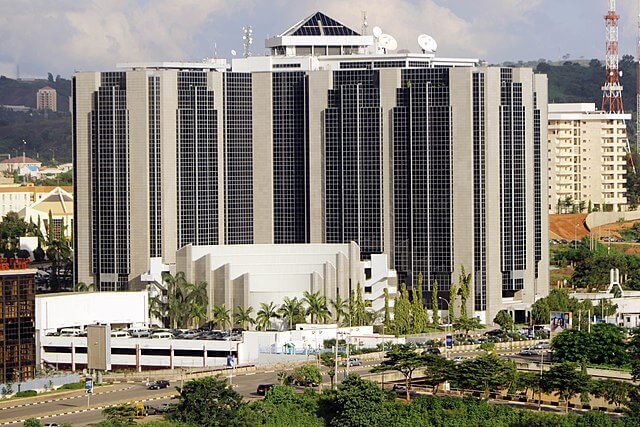

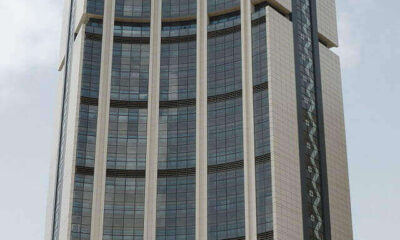



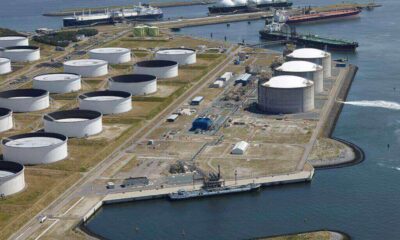



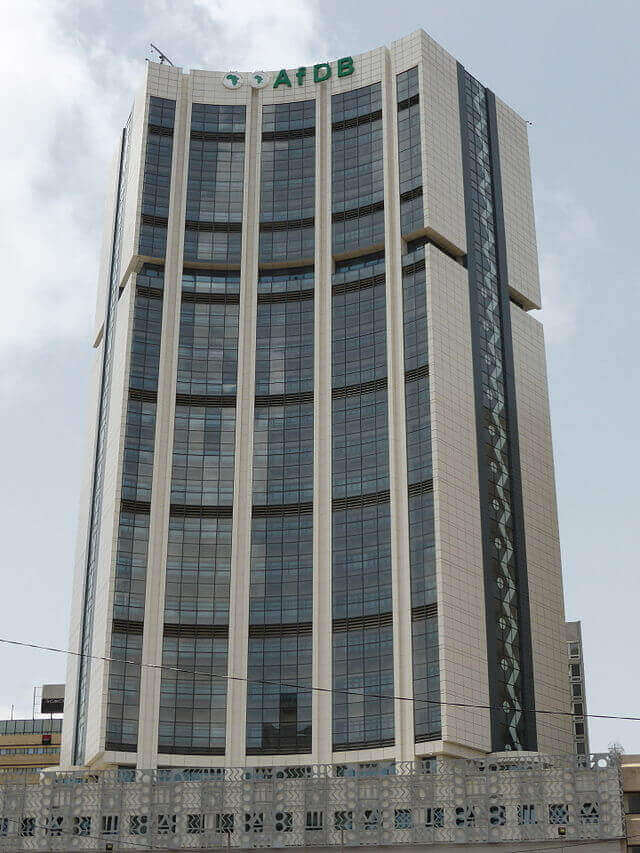

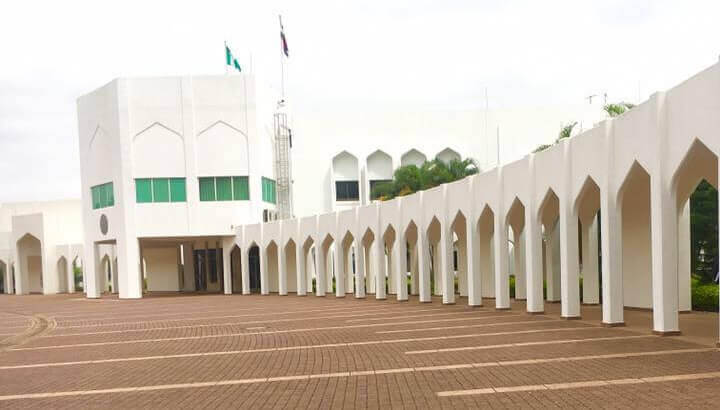
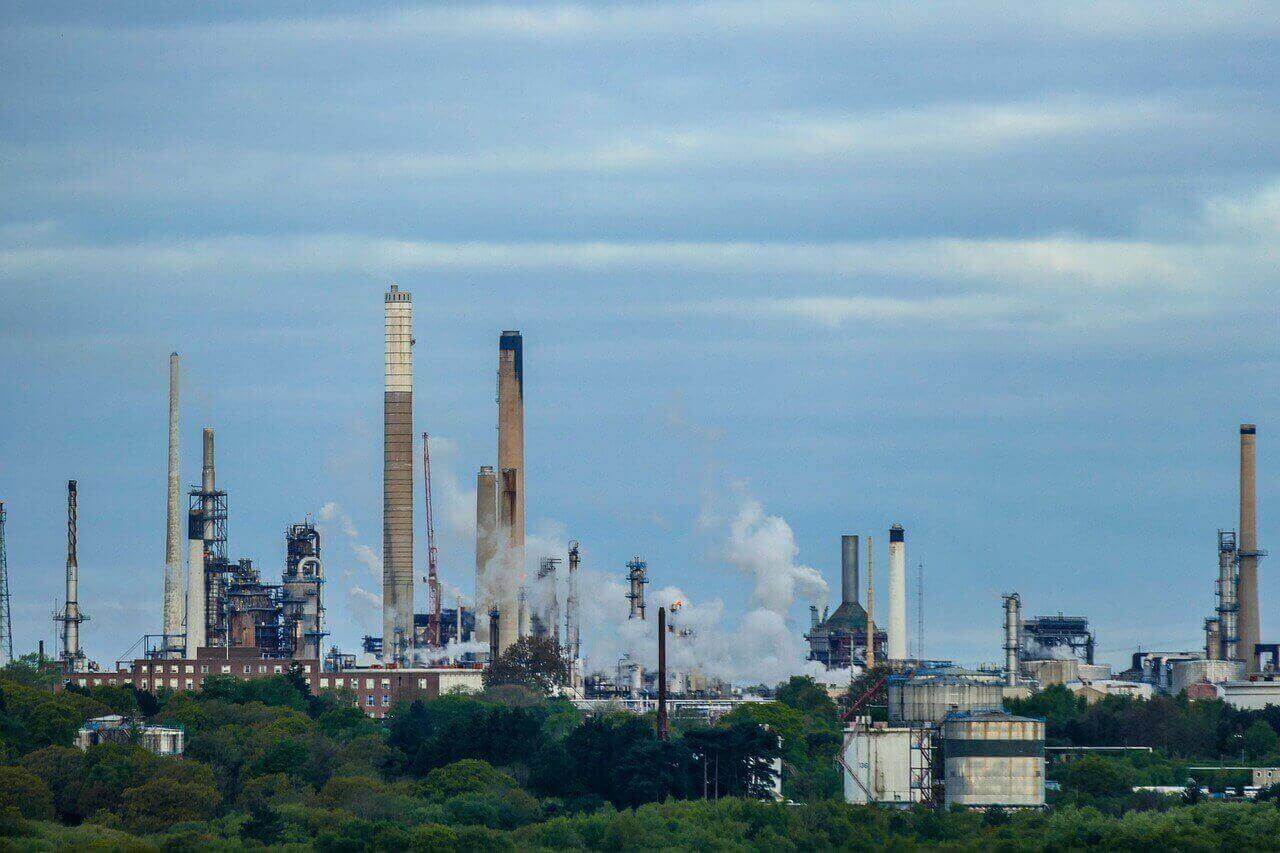



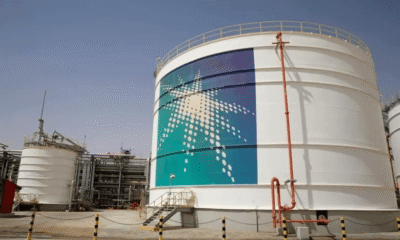

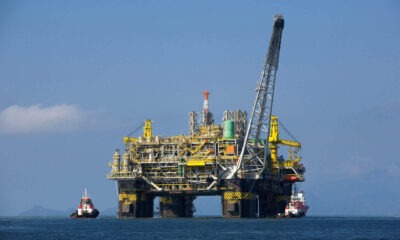



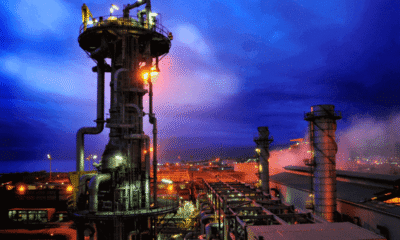



Pingback: CBN Keeps Interest Rate at 27.50%, Cites Inflation Slowdown - Nigeria Oil Digest